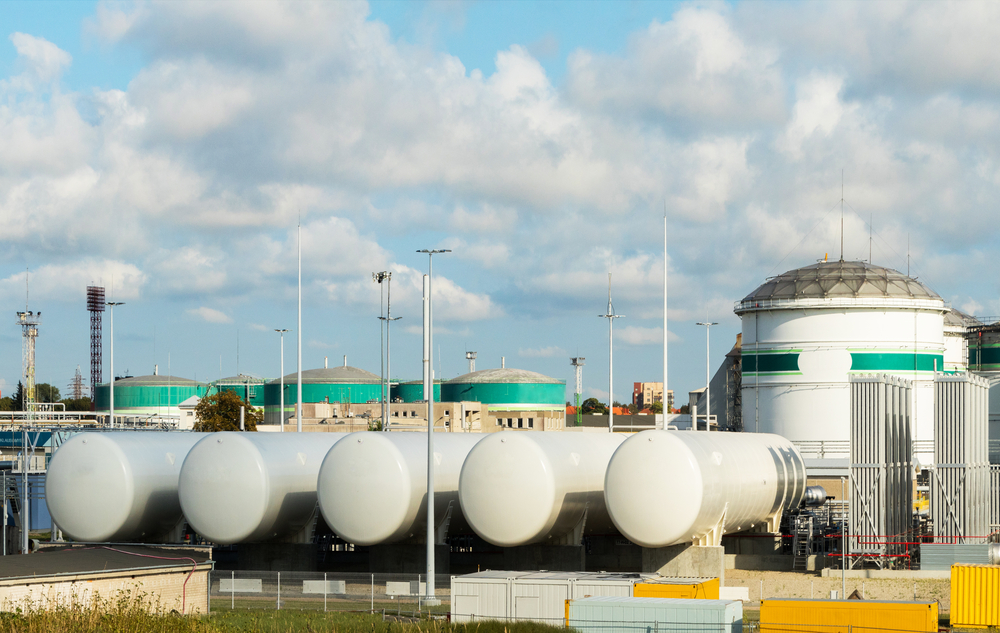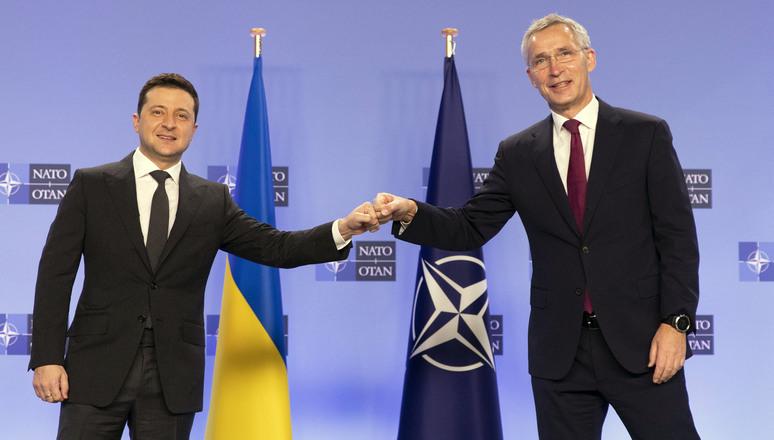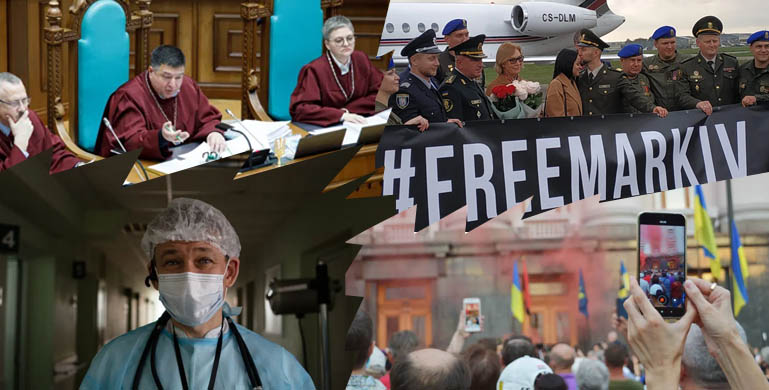On 8 May, European Union countries started negotiating the 14th sanctions package against Russia. For the first time, it targets Russian LNG exports.
As earlier reported by Politico, the European Commission introduced the proposal to member states on 3 May. The tabled project of the 14th package of sanctions can impose sanctions on Russia's liquefied natural gas (LNG) industry for the first time, aiming to limit Russia's LNG revenues and future capacity expansion. The proposed measures wouldn’t directly block Russian LNG imports to the EU but would prohibit EU countries from re-exporting Russian LNG after receiving it.
Up to this point, EU and US measures have been focused on inhibiting the country’s ability to construct new LNG projects and deliver those supplies to markets. An EU ban on transshipments would, for the first time, directly target existing Russian LNG production and exports.
Recently, major European economies like Germany and Italy came out in support of the complete import ban. However, it could not garner the required unanimous support of all 27 members, so the ban on transshipments comes as a compromise. Yet, it can become a big blow to Russia’s image of energy dominance.
The EU's previous attempts to limit Russian energy, such as bans on Russian coal and seaborne crude oil, have been circumvented, prompting increased pressure on the block’s leaders to target Russian gas.
Despite an overall decrease in Russian gas imports by around two-thirds since the war in Ukraine began, LNG imports have increased significantly compared to pre-invasion levels.
Why transshipments matter
The Centre for Research on Energy and Clean Air (CREA), an independent organization that tracks Russian fossil fuels, estimates the bloc paid €8.2 billion last year for 20 billion cubic meters (bcm) of Russian LNG, representing 5% of the total gas consumption. Belgium, France, and Spain were the main entry points for Russian LNG.
CREA says about 22% of Russian LNG supplies to European ports were transshipped globally, with China, India, and Türkiye among key final destinations.

Russia’s ability to access EU ports to receive and transfer LNG from Arctic-capable carriers to conventional carriers has been a key to selling its gas to global markets. Without access to land-based LNG storage facilities and transshipment hubs, it may resort to ship-to-ship transfers in Russian or international waters.
These operations require relatively calm seas and do not offer the same flexibility and schedule reliability as port-based terminals.
Novatek, which operates Russia’s largest terminal Yamal LNG, is heavily reliant on European transshipment hubs for reaching markets outside of the EU. Potential direct financial loss from logistical hurdles, reduced exports and global LNG market share for Novatek is estimated to reach 2 billion Euro by the end of the year.
The main LNG terminals that have received the bulk of supply from Russia’s Yamal LNG project are Zeebrugge in Belgium, followed by Montoir-de-Bretagne in France, and Bilbao in Spain.
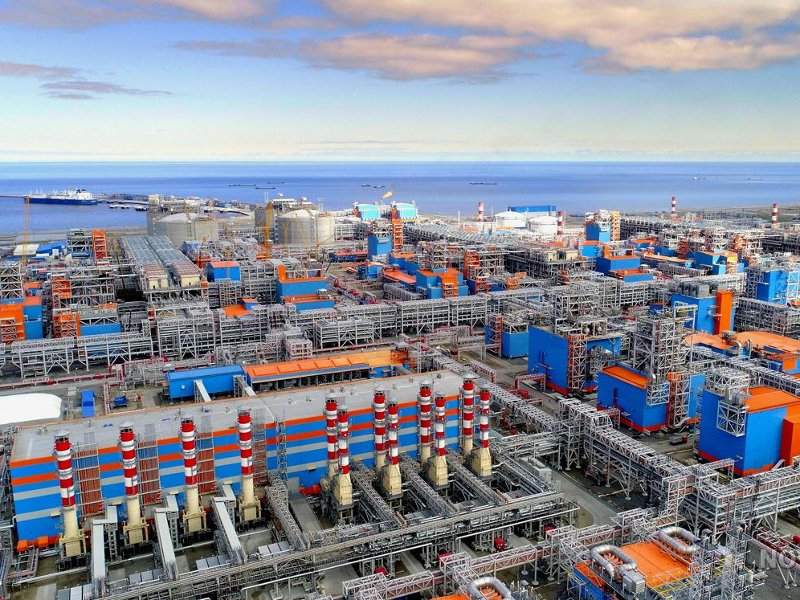
Around two-thirds of transshipments pass through the port of Zeebrugge, with Belgium’s gas operator Fluxys having a 20-year contract with Yamal LNG. An EU-wide ban on the reloading would follow calls by the Belgian government that a binding agreement was needed to effectuate a change.
The proposal from the European Commission breaks a long-held taboo in Brussels as Russian gas has been, until now, completely spared from any restrictions.
The governments of Sweden, Germany, Italy, and Belgium have all publicly supported this in recent statements, but the two top three importers of Russian LNG — France and Spain — remain largely silent on the issue.
France’s black sheep: Total Energies and Technip
In the first three months of 2024 France has paid Russia €600 million ($644 million) for liquified natural gas imports, making it the fastest-growing consumer of Russian LNG in the EU.
France’s lead in the volume and growth of Russian LNG imports in 2024, with a total of 1.5 mn tonnes, sets it apart within the EU. Other major buyers like Belgium, Spain, and the Netherlands have expressed willingness to reduce purchases but emphasize the need for collective action.
According to Politico, critics argue that Paris' inaction is in part due to resistance from French energy giant TotalEnergies, which was a long-time partner of Novatek and still has a 20% stake in the Yamal LNG project.
The partnership between TotalEnergies and Novatek has played a pivotal role in enabling exports of Russian liquefied natural gas to Europe and other regions of the world, especially since 2017, when the Yamal LNG terminal started operation. Now, the joint venture currently provides the bulk of Russian LNG exports.
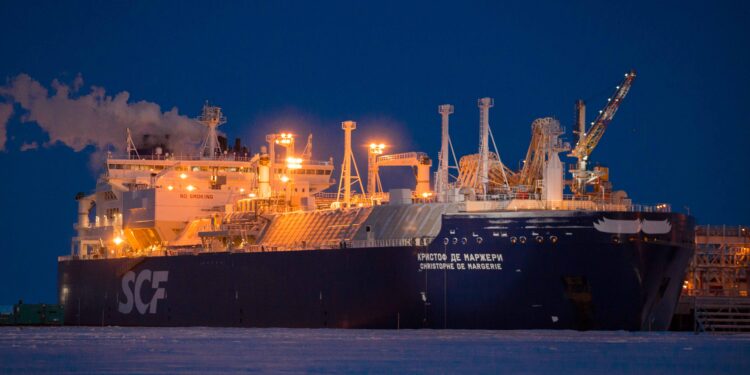
According to a Le Monde investigation, another French company, Technip Energies, supplied equipment to the Russian Arctic LNG 2 project between August and October 2022 despite EU sanctions imposed in April 2022 that prohibited the sale, supply, transfer, or export of goods and technology suited for use in oil refining and natural gas liquefaction to any entity or body in Russia.
The report issued by Friends of the Earth France in April 2024 highlighted the broad negative impact of fossil fuel industry interests on the integrity of France’s energy and foreign policies.
In its press release, supported by Razom We Stand and other groups, FoE argues that France’s involvement has become an essential part of the Russian gas market expansion:
“This allows Russia to export more gas, finances the war on Ukraine and has nothing to do with providing French energy security. It is time to refuse to be locked into this deleterious dependence on outdated fossil energy and transition towards a sustainable energy system.”
Now, it is up to France’s Prime Minister Gabriel Attal and Economy Minister Bruno Le Maire to take the upper hand over the private interests of the fossil fuel industry, change course, and start steering away from dirty Russian energy.
Spain’s good intentions and bad habits
In March 2024, Spain’s Teresa Ribera called for a common approach from the European Commission to ban Russian gas, including the seaborne LNG. But those statements had little effect on Spain’s ongoing addiction to Russian gas.
In March 2024, Russian LNG comprised almost 26% of Spain's total gas imports, up from 14.4% a year earlier, confirming that the Iberian country is a key entry hub for Russian gas into Europe.
In April 2024, Russia’s state-run energy company, Gazprom, delivered its second shipment of LNG from its small-scale Portovaya LNG plant on the Baltic Sea to Spain, according to Reuters analysis of shipping data. A tanker known as the Cool Rover loaded LNG ship-to-ship from the floating storage and regasification unit, the Marshal Vasilkevskiy, and discharged at the BBG LNG terminal in the Spanish port town of Bilbao.
Data by S&P Global published on 9 April showed that between October 2023 and March 2024, Russian LNG deliveries into Spain amounted to 2.57 million tons, compared with 2.28 million tons for the same period a year earlier. S&P analysts also stated that Spain has no plans to diversify away from Russian LNG.
Spanish energy companies Repsol and Naturgy are among the largest buyers of Russian LNG globally. In 2023, Spain was the leading importer of Russian LNG among all EU countries
Likewise to their French counterparts, Spain’s Prime Minister Pedro Sánchez Pérez-Castejón and Energy Minister Teresa Ribera must meet the RePowerEU challenge of eradicating the addiction to Russian energy by 2027 with real action, one step at a time.
Editor's note. The opinions expressed in our Opinion section belong to their authors. Euromaidan Press' editorial team may or may not share them.
Submit an opinion to Euromaidan Press
Related:

